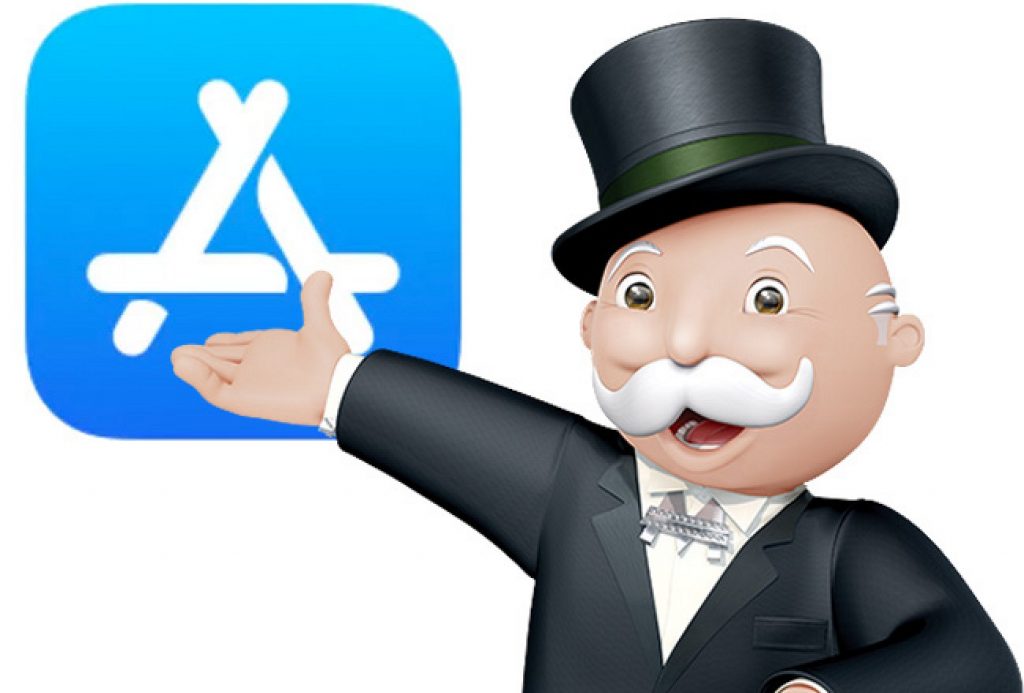
The Supreme Court is letting an antitrust lawsuit against Apple proceed, and [has] rejected Apple’s argument that iOS App Store users aren’t really its customers.
The originally filed lawsuit, Apple v. Pepper claims that in requiring App developers to sell their product through Apple’s on store the 30% commission they charge is passed on and beholden to the monopoly of app distribution Apple have.
Apple have argued they can’t be responsible because users are in fact buying their apps direct from developers and they in turn are the customers of the App store. This thinking relates to now famous case & methodology known as “Illinois Brick”, where a brick manufacturer couldn’t be sued by someone who paid a separate contractor to build a structure with those bricks.
Not agreeing that is the case the Supreme Court (including its latest inclusion, frat boy Kavanaugh) have upheld a prior decision by the Ninth Circuit Court of Appeals’ to proceed with the case in a stoush that could last well into the 2020’s.
Apple have since reaffirmed their disbelief that they are in anyway a monopoly stating:
“Developers have a number of platforms to choose from to deliver their software — from other apps stores, to Smart TVs to gaming consoles — and we work hard every day to make our store the best, safest and most competitive in the world.”
Source: Supreme Court says Apple will have to face App Store monopoly lawsuit – The Verge